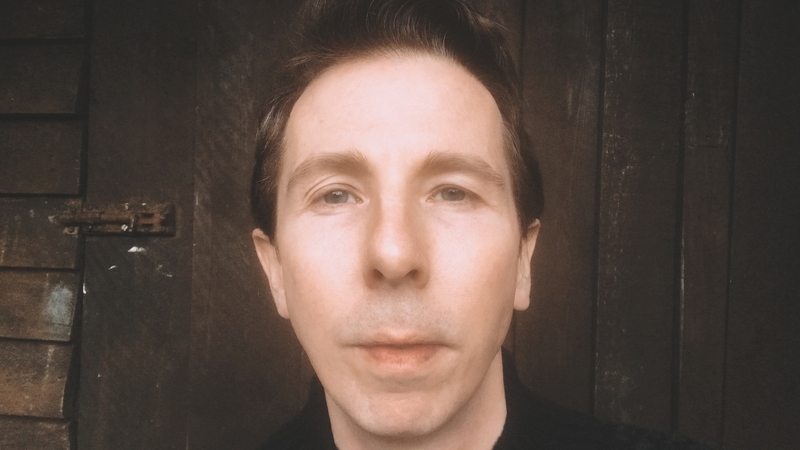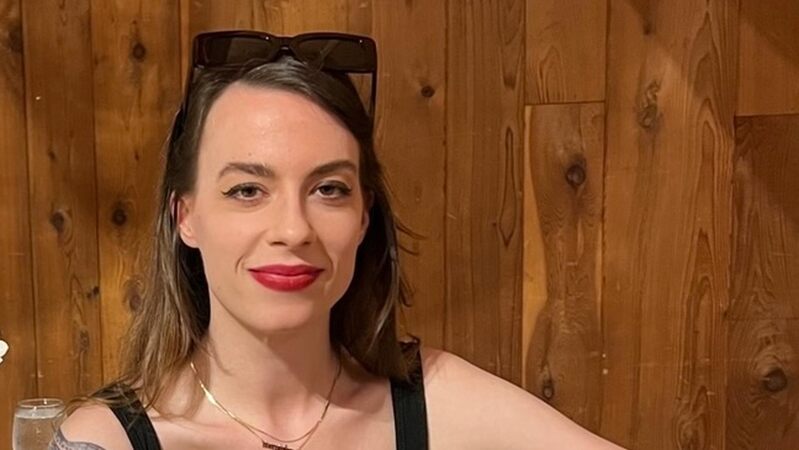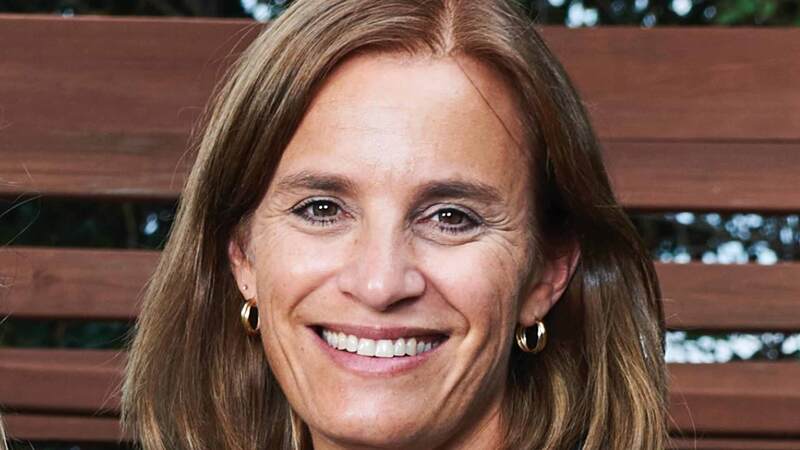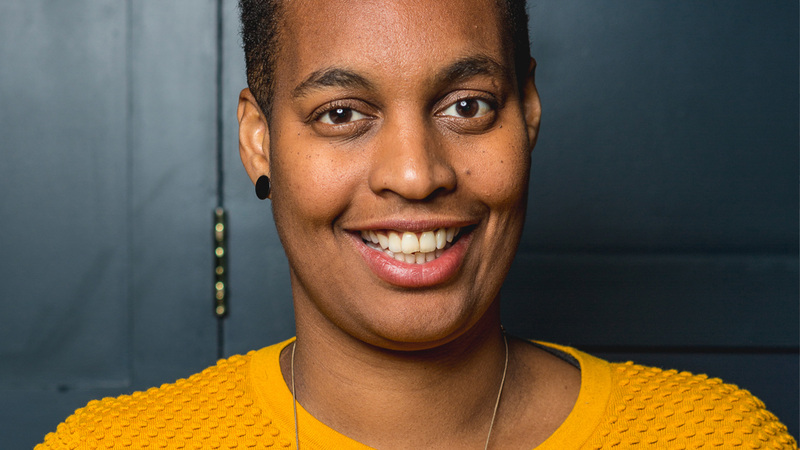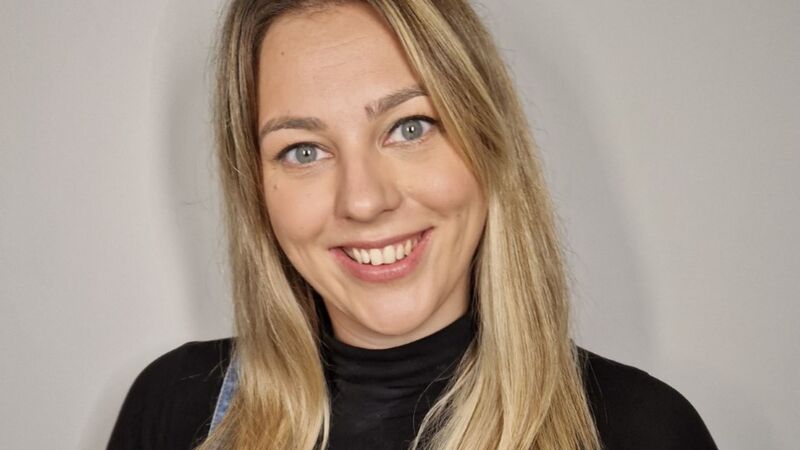You are viewing your 1 free article this month. Login to read more articles.
BEA: Authors warn publishers to raise their game
A BEA panel on authorship in the digital age, with writers Scott Turow, Joe Konrath, and Barbara Freethy, moderated by lawyer Jon Fine (ex-Knopf and ex-Amazon), wasn’t strictly indie vs traditional – traditional publishers came in for criticism from everybody. What made it more valuable than most was that it was also three authors looking at their careers and advising others, in Fine’s words, on “myriad paths to success.”
When Presumed Innocent was published in the late 1980s, everybody called it “an overnight success,” Turow recalled, but he had been writing for 20 years; had published a memoir of law school whose sales were stymied by internal difficulties at his own publisher; and had had four or five novels rejected.
Now with 10 published novels, he said, “I’ve had every benefit from the traditional model, and still think if you could choose, that is the right choice.” Yet Turow sees his daughter’s generation having trouble supporting themselves through writing, and acknowledged that she self-published a book that was, “more successful than it would have been if published by a handful of traditional publishers. There’s not one way right or wrong.”
Konrath agreed. “If I have a choice to win the lottery, I’ll take that,” he said, “but the vast majority of authors don’t get invited to the big show. I got over 500 rejections for nine novels, and then book 10 got a six-figure advance as part of a three-book deal. I was treated very well, but my editor left, and my series was abandoned. I had to use pen names to write more than one book a year, just to keep food on the table.
“Then Amazon came along, and I put the nine books I couldn’t sell on Kindle. I thought it would lead readers to the 'real' books I published traditionally. The first month, I made $1,500 having priced the books at 99 cents. I published more, raised prices, the royalty jumped to 70% because of the Apple dispute, and I found myself making $80,000 a month.
“There’s no blueprint. You have to keep at it and not confuse goals with dreams.”
Freethy started traditionally 20 years ago, when there were only a few romance publishers, and a house would publish only one book every year or two by the same author, however prolific she was. In 2011, when B&N and publishers were in the midst of a fight and her books weren’t getting into stores, she had “an epiphany,” like Konrath’s driven by financial need, that caused her to “take control of my career.”
She got her rights back; learned from Konrath’s blog how he’d gone indie; and republished her books. Sales took off, and Freethy produced the first #1 New York Times self-published bestseller. In the last four years, she has sold more than six million books herself. Last year, she signed a sales/distribution deal with Ingram - the first indie author to do so. But Freethy cautioned that “indie publishing is a lot of work – if you don’t really want to run a business,” it may not work for you.
Control is extremely important for all three authors. Freethy has gone so far as to dispense with an agent, except for foreign rights; Konrath says that getting an agent is “not as necessary as new writers think.” And even though he “loves” his long-time agent, Turow underlined that “every author has to be conscious that no-one cares as much about your books as you do. You can never just say, ‘Oh you guys take care of it.’”
Publishers came in for a barrage of criticism from everybody. Freethy and Konrath see traditional contracts, with their option and non-compete clauses, as one-sided. Konrath regards a publisher’s ability to keep rights for “an indefinite time” as “obscene,” contrasting his translation deals with Amazon Crossing, where after seven or nine years, rights revert to him.
“Publishers deliver less of what seems to make traditional publishing worthwhile. They have consistently made wrong judgments, been tone-deaf, and face-blind,” Turow said unequivocally. Moderator Fine put it another way: “Nothing made Amazon more possible than traditional publishers.”
If publishers want to survive, Turow said, they have to change their practices. They could help themselves by doing universal licensing, so that a reader can pay for a book and be able to read it however he or she wants, in print, on audio, on a mobile or other digital device. They shouldn’t use POD as an excuse to get out of a reversion clause. Reforming that would be “significant.”
Lots more criticisms were tendered, but each author offered a final bit of hard-earned wisdom.
“Don’t be scared. Self-publishing isn’t scary. Be in charge,” advised Freethy.
“I don’t know anyone who has succeeded in the arts without being able to take a punch. Keep at it!” said Turow.
“Watch what you sign. Anything is negotiable if you’re willing to walk away from a deal,” Konrath declared, adding after a moment, “And don’t write shit!”




